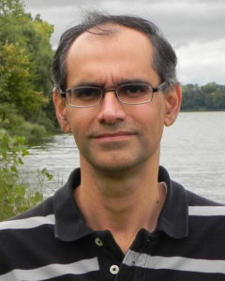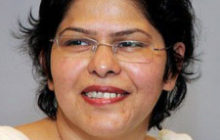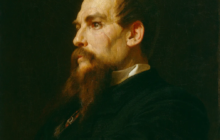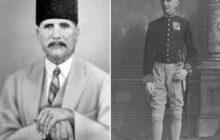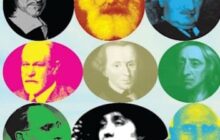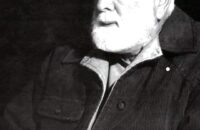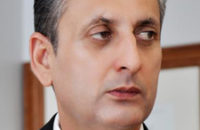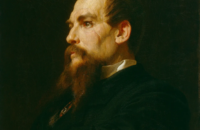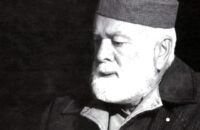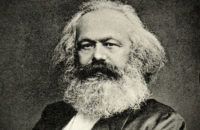By Kamran Siddiqui
The levels of intolerance, irrationality and ignorance are continuously on the rise in Pakistan since its creation. However, at present, they have reached a point where the damaged caused by such behavior is not only threatening the survival as a nation both internally and externally, but also highlighting the incapability and incompetence as a nation to move along with the progressive societies in the world to embrace societal advancements.
The words like intolerance, irrationality and ignorance in Pakistan, are by default, associated with the religious extremism. A typical counter-argument often put forth is that these behavioral issues are associated with a small fraction of the population, primarily comprised of uneducated people that blindly follow a certain religious ideology and these issues are not present in educated people.
Such an argument fails to capture the reality where these issues are far more widespread than just religious extremism and cover all critical aspects of society. A more serious problem is not the ignorance due to illiteracy but the intellectual ignorance, which is far more widespread among the so-called educated class than the illiterate class.
This intellectual ignorance has also led to intolerance and irrationality in its own sphere, which has far more damaging consequences.
The intellectual ignorance did not emerge suddenly but rather it is the outcome of the systematic and intentional attempts by the ruling elites, since the creation of the country to breed a generation that will always be subdued to the elite ruling class, blindly trust their narrative, live in a delusional world where their suffering is portrayed as their strength and the deprivation of fundamental rights becomes their pride.
The prime ingredient to this scheme was the crushing of the intellect and leaving no intellectual capacity to think. For the shortsighted ruling elite, this was the key to their perpetual grip on power. The history of Pakistan witnesses that from the day the country was created, there was a struggle for power among the ruling elites and no attention has been paid to nation-building, which was the most crucial and most urgent matter to handle.
This tradition continues as is, to date. The self-interests of the ruling elite were so ingrained into their minds that they ignored the fact that a thriving intellect is a primary ingredient for the advancement of society. It is the source of fresh air for the society to breathe and prosper.
This scheme was implemented on two fronts; the first front focused on crushing the intellectual voices that were present in that era. Any individual who dared to rise against it was labeled as a traitor and punished. The second front, which embedded a long-term goal, was to breed a generation with no intellectual capacity.
The first step in this regard was to develop a narrative that suits the goals of the ruling elite. For this purpose, the history was distorted, religion was used as a tool to manipulate the minds, and questioning was equaled with dissent and treason.
The distortion of history was so intense and biased that it was transformed into a black and white narrative coated with a religious flavor; all Muslim personalities were glorified and all non-Muslim personalities were either omitted or condemned. The freedom struggle of Indians against British rule in the first half of the twentieth century was also filtered with the same binary lens.
This binarization of the mindset did not stop at history but more strongly enforced in the domain of religion that eventually led to its systematic spreading in every aspect of life. The antidote to this closed binary mindset is free-thinking that promotes curiosity, strengthens intellectuality and leads to self-awareness, self-realization and the quest for the truth.
The pathway to this state of mind is through questioning and freedom of expression. The ruling elite was aware of this danger that could ruin their grand scheme of intellect crushing and hence, both questioning and freedom of expression were suppressed under the disguise of patriotism and religion. Any attempt to promote questioning and freedom of thoughts was brutally crushed as unpatriotic or anti-Islamic.
Hence, the new generation that grew with this closed-minded binary vision became incapable to grasp beyond this binary demarcation. They lost the intellectual capacity to critically think and seek the truth using a logical and rationalistic approach. The purpose of education is to enlighten the minds.
However, education has lost its soul in Pakistan. The closed-mindedness, intolerance and irrational state of denial are as evident in the so-called educated class as in the uneducated or illiterate class.
Similarly, the religious-minded and the so-called liberal youth are all alike in this respect and equally resist with the closed-minded approach, any logical and rationalist attempt to scrutinize the narrative ingrained under the disguise of religion or patriotism. Its impact is evident in every aspect of life. The ruling elite has accomplished its mission and has created a generation that has lost its intellectual capabilities and goes after any rational voice of enlightenment.
However, a nation cannot survive with these characteristics. The current state of chaos, failing grades on the human development index and the lack of coherent vision, are the natural outcomes of the murder of the intellect at the national level.
The ruling elite for their self-interest of the perpetual rule has handicapped the nation that is jeopardizing the future of the country they wanted to rule. The survival of the country and its advancement along with the progressing societies of the world demand an intellectually thriving society, which needs a transformative change from its current state, before it is too late.
Kamran Siddiqui is a Professor at the University of Western Ontario in Canada.

